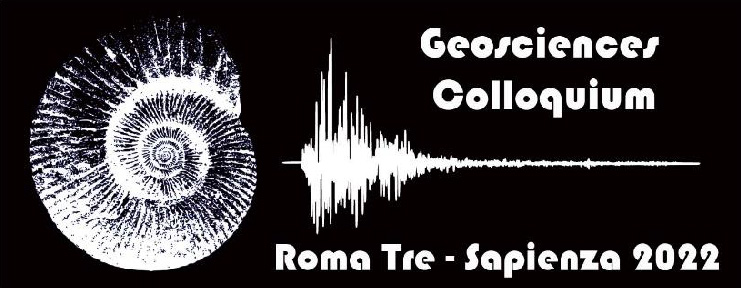Carissimi Soci SGI,
Carissimi Soci Società Associate,
su segnalazione del Prof. Fabio Trippetta (Sapienza, Università di Roma), vi segnaliamo che domani 21 aprile 2022, alle ore 17:00, nell'ambito dei Geosciences Colloquium Roma Tre-Sapienza 2022, la Dott.ssa Beatrice Baschetti (Università di Padova e INAF-IAPS) terrà il seminario "A brief history of Mars' climate: from ancient fluvial landscapes to today's hyperarid conditions".
Sarà possibile seguire il seminario sulla piattaforma Zoom al link:
https://us06web.zoom.us/j/82901681012?pwd=YnhmT2dzVU9XSVpabVo3WER1cThTdz09
Per maggiori informazioni si rimanda all'abstract e alla locandina scaricabile di seguito.
Cordiali saluti,
La Segreteria
Abstract
Mars is one of the four rocky planets in the Solar System, the second smallest planet after Mercury and fourth in distance from the Sun. At a first glance, the planet may seem dull and boring: a dusty and very dry world with mainly freezing temperatures. However, from a closer look and thanks to the data provided by a great amount of space missions, Mars has been revealed to be a much more interesting body. The Red Planet's past is very different from what we observe today: geomorphological and mineralogical evidence indicates that water was once a very active agent on Mars. For example, channels and valleys with numerous branches (valley networks), which resemble terrestrial rivers and drainage basins, dissect the oldest parts of the martian surface, indicating that extensive aqueous activity and related erosion, transport, and sedimentation took place on the planet. The morphological evidence is also further supported by mineralogical data revealing the presence of hydrated minerals, such as clays, and precipitates from brines or water solutions, like sulfates and carbonates, in many areas of the surface. These findings and many others have raised lots of questions in the scientific community: What were the exact characteristics of Mars' early climate? How did it evolve through time? What caused Mars to eventually become the hyperarid planet we observe today? In this talk, we'll see what we know so far about these outstanding questions, with a focus on the geomorphological and mineralogical evidence that can be used to gather information about Mars' past climate and its evolution.

